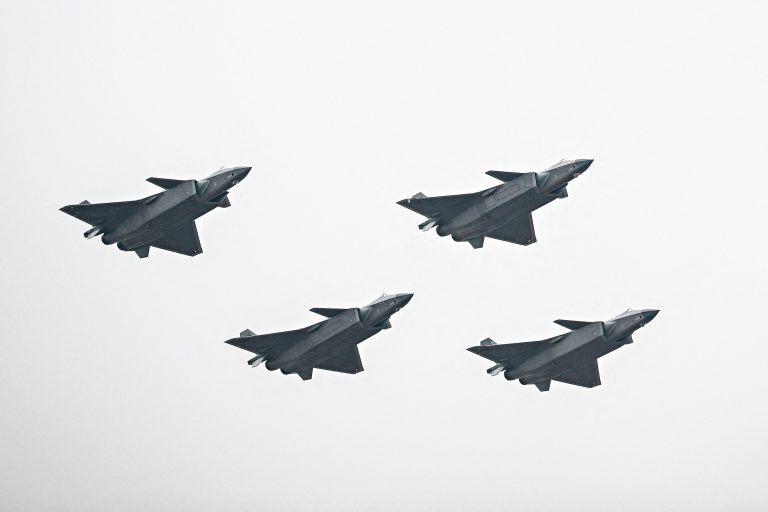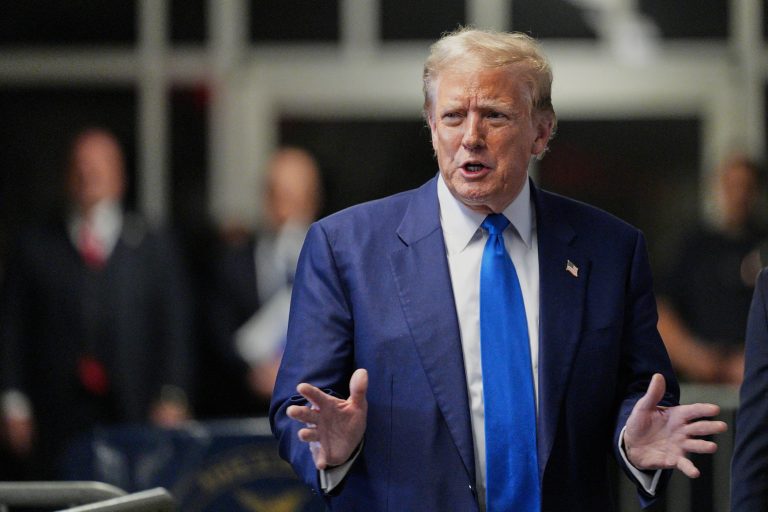A new survey suggests that a majority of Americans favor U.S. troops defending Taiwan in a scenario where the communist People’s Republic of China (PRC) invades the democratic island. The survey, published on Aug. 25, was conducted by the Chicago Council on Global Affairs and was answered by 2,086 adults over the age of 18.
Over 52 percent of respondents agreed to U.S. troops assisting Taiwan in the event of an invasion by mainland China. In 1982, when the Council first raised the question, only 19 percent supported American intervention. Sixty percent of Republicans supported sending U.S. troops to Taiwan, while 50 percent of Democrats and 49 percent of Independents showed support for military aid.
“I think there’s growing awareness in the United States about Taiwan and the challenges that it faces,” Bonnie Glaser, director of the Asia Program at the German Marshall Fund, said to VOA. She added that media reports of Beijing’s diplomatic and military pressure on Taiwan have increased, making Americans more sympathetic to Taiwan’s cause.
Taiwan is officially known as the Republic of China (ROC), which was forced to retreat to the island when the Chinese Communist Party (CCP) took over the mainland. The ROC was recognized by the U.N. as the legal Chinese government until 1971, when its membership was transferred to the PRC. In 1979, the U.S. also dropped official diplomatic ties with Taiwan, but maintains informal relations, as do most countries.
Sixty-nine percent of respondents to the Chicago Council on Global Affairs poll supported Washington recognizing Taiwan as an independent country, and 53 percent agreed with America signing a formal alliance with Taiwan. 65 percent wanted Taiwan to be included in international organizations, and 50 percent approved of America selling military equipment and arms to the ROC.
Success
You are now signed up for our newsletter
Success
Check your email to complete sign up
A major factor for the American public’s support of Taiwan stems from a distrust of mainland China. While 30 percent saw Taiwan as an ally or necessary partner, 32 percent considered Beijing a rival.
“While a significant portion of Americans appear unfamiliar with Taiwan, a majority of Americans seem prepared to recognize independence for Taiwan should the U.S. government change its existing policy toward Taipei,” the report concluded.
Washington has maintained a “One China” policy since 1979, formally recognizing the PRC as the “sole legal government of China.” However, it has not acknowledged PRC sovereignty over Taiwan.
In an interview with Radio Free Asia (RFA), Weng Luzhong, an associate professor in the Department of Political Science at Sam Houston State University, Texas, said that America’s support for Taiwan “is inversely proportional to antipathy to China.” He cited a Pew Research poll conducted in June showing that 69 percent of Americans harbored negative attitudes towards Beijing.
However, there is “a big gap between disgust and hatred,” Weng said. He noted that although Americans may not like China, it does not mean that they feel the U.S. should fight against Beijing. What the polls could do is sway policymakers in Washington.
“Now we see that there is a public willingness to send troops to support Taiwan, that’s a point of reference. If something happens in the Taiwan Strait, there is a far greater likelihood that the U.S. will support [Taiwan]. Will it send troops? I think that’s looking like a yes right now,” Weng said.















